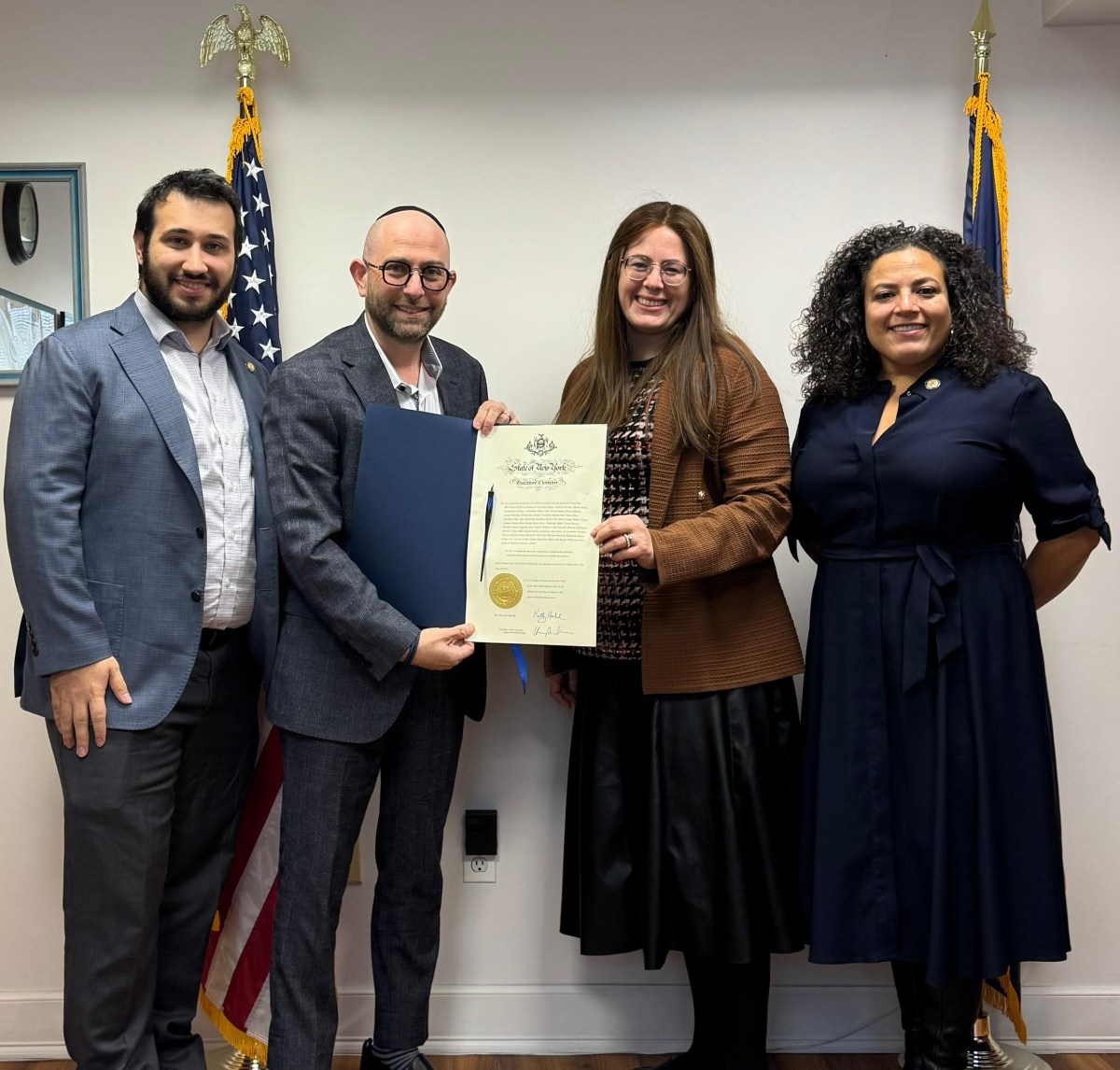WASHINGTON (AP) — President Barack Obama, laying down his marker for grueling “fiscal cliff” negotiations, said Friday he won’t accept any approach to federal deficit reduction that doesn’t ask the wealthy to pay more in taxes.
“This was a central question during the election,” Obama said in his first postelection comments on the economy. “The majority of Americans agree with my approach.”
The president, speaking in the White House East Room, said he wasn’t wedded to every detail of the plans he outlined during the election, adding, “I’m open to compromise.” But he offered no indication that he was willing to back down on his insistence that the wealthy pay more.
Republicans stood their ground. At the Capitol, Republican House Speaker John Boehner said he remains unwilling to raise tax rates on upper-income earners. But he left open the possibility of balancing spending cuts with new revenue that could be achieved by revising the tax code to lower rates and eliminate some tax breaks.
Obama said he had invited congressional leaders of both parties to the White House next week to start negotiations on averting the tax increases and automatic spending cuts due to hit in January. Both parties agree that those changes, the result of failed deficit-cut talks earlier this year, could send the economy back into recession.
The president avoided any mention of specific tax rates in his remarks, saying only that the wealthy should pay more. He also called on Congress to quickly pass an extension of tax cuts, first enacted by George W. Bush, for families making less than $250,000 a year.
Republicans, as they have throughout Obama’s first term, say raising tax rates on wealthier Americans is a non-starter. Boehner said such increases would hurt small businesses just as they are trying to recover from the severe last recession.
“I’m proposing that we avert the fiscal cliff together in a manner that ensures that 2013 is finally the year that our government comes to grips with the major problems that are facing us,” the speaker said. He said cuts to Medicare, Medicaid and food stamps, known as entitlement programs, have to be part of the equation.
Still, Boehner declined to provide specific proposals to avoid the fiscal cliff.
He did say that raising the debt limit, which the government will reach sometime in the spring, should be part of any negotiations. Pressed for details beyond that framework, he said he didn’t want to limit ideas to address the problem. He burden is on Obama, he said.
“This is an opportunity for the president to lead,” Boehner said. He repeated a version of that phrase four times during the 11 minutes he spoke. “This is his moment to engage the Congress and work toward a solution that can pass both chambers.”























